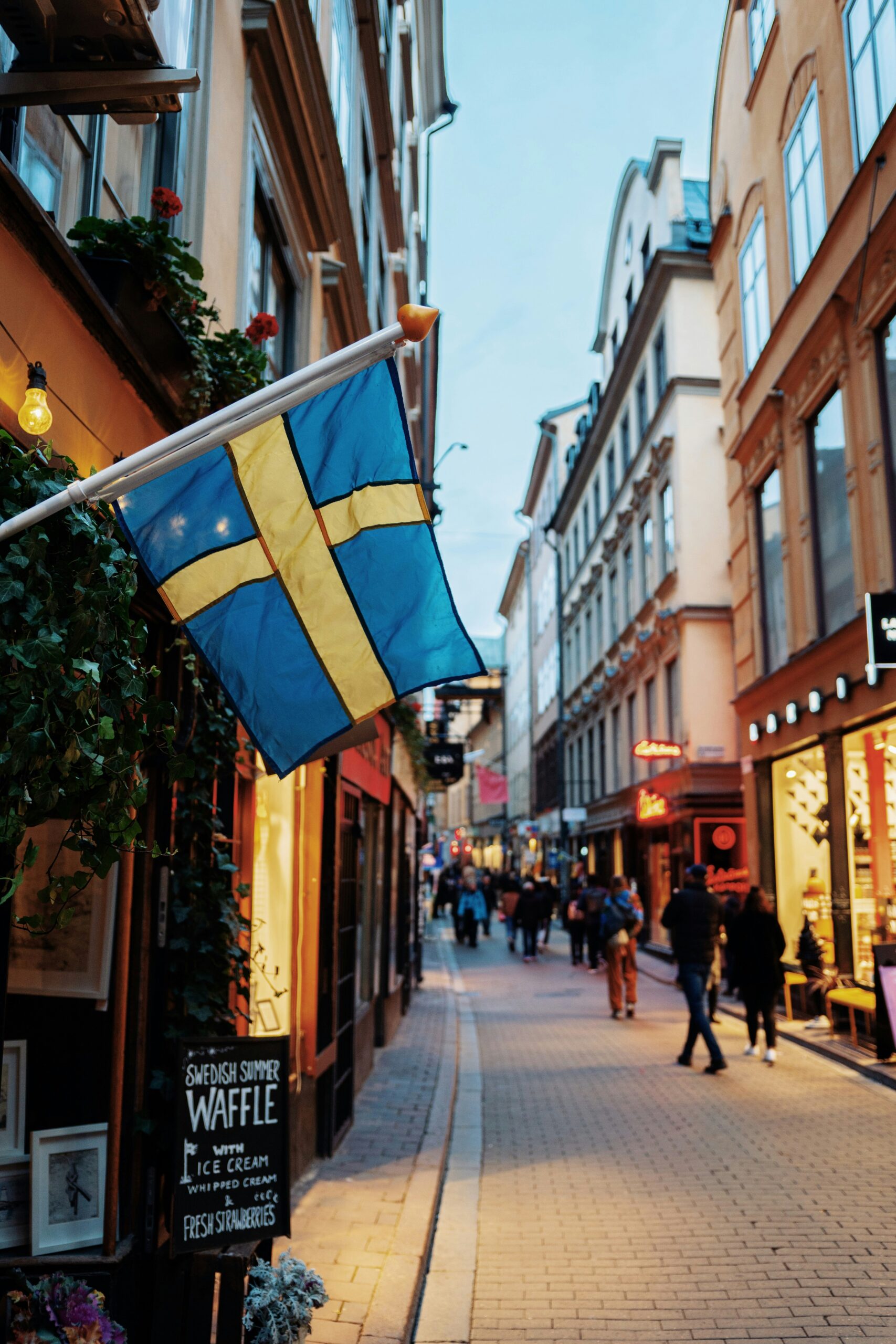Sweden’s investment in alternative proteins more than doubled in 2024
Sweden is emerging as a European leader in alternative proteins, with investment in privately held companies surging by 125% in the last year alone.

A new analysis from the Good Food Institute Europe reveals a growing interest among Swedish investors, researchers, and entrepreneurs in alternative proteins. This trend is also reflected in the recently updated National Food Strategy 2.0, which emphasises the need for more research and innovation in alternative proteins.
Sweden’s alternative protein sector experienced an exceptional fundraising year in 2023, driven primarily by large investments in publicly traded companies. Plant-based dairy company Oatly secured €391 million across two significant deals, while DUG Foodtech raised €1.4 million. When excluding these outlier deals and focusing on privately held companies—which currently make up the majority of the alternative protein ecosystem—investment rose by over 120% in 2024, increasing from €3.5 million in 2023 to €8 million. This growth spans not only plant-based foods but also emerging areas such as cultivated meat and precision fermentation. Between 2018 and 2024, companies in Sweden’s alternative protein sector have attracted a total of €1.6 billion in investment.
Rachel Mazac, Postdoctoral Researcher at the Stockholm Resilience Centre said: “Understanding both the potential and limitations of innovations is key to building more resilient food systems, which include but are not limited to alternative proteins. For the sector to deliver on its sustainability promises, companies and organisations must see their role as part of the wider food system. To support a sustainable future, they should ensure their products provide access to safe, nutritious, and culturally appropriate foods, offer fair wages to producers, and minimise ethical and environmental harm.
Alongside the growing industry, alternative proteins also represent an expanding field of research in Sweden. More than 60 projects were launched in the last five years and €25 million in research funding was allocated between January 2020 and April 2024. Swedish researchers are, for example, exploring ways to optimise plant-based ingredients, produce cultivated meat and harness seaweed and algae for sustainable production of proteins and nutritious ingredients. However, despite the progress, the analysis shows that Sweden still trails behind neighbouring Denmark and Finland, where funding for alternative protein research over the same period was €96 million and €68 million, respectively.
Diversifying our protein supply can support food security while mitigating industrial farming-related side effects like environmental degradation and antimicrobial resistance. By capitalising on its robust research and innovation potential, Sweden can strengthen its position in the global food economy while creating new jobs, boosting exports, and increasing food sovereignty in light of recent global shocks.
Ismaël Bawah, Science and Technology Community Coordinator at the Good Food Institute Europe, said: “We can draw a direct link between research funding and economic growth. In the past decade, several new Swedish companies have entered the alternative protein market, but building resilience also requires collaboration. It is therefore important to strengthen the common Nordic ambition to champion protein diversification, not only domestically but also at the EU level”.
